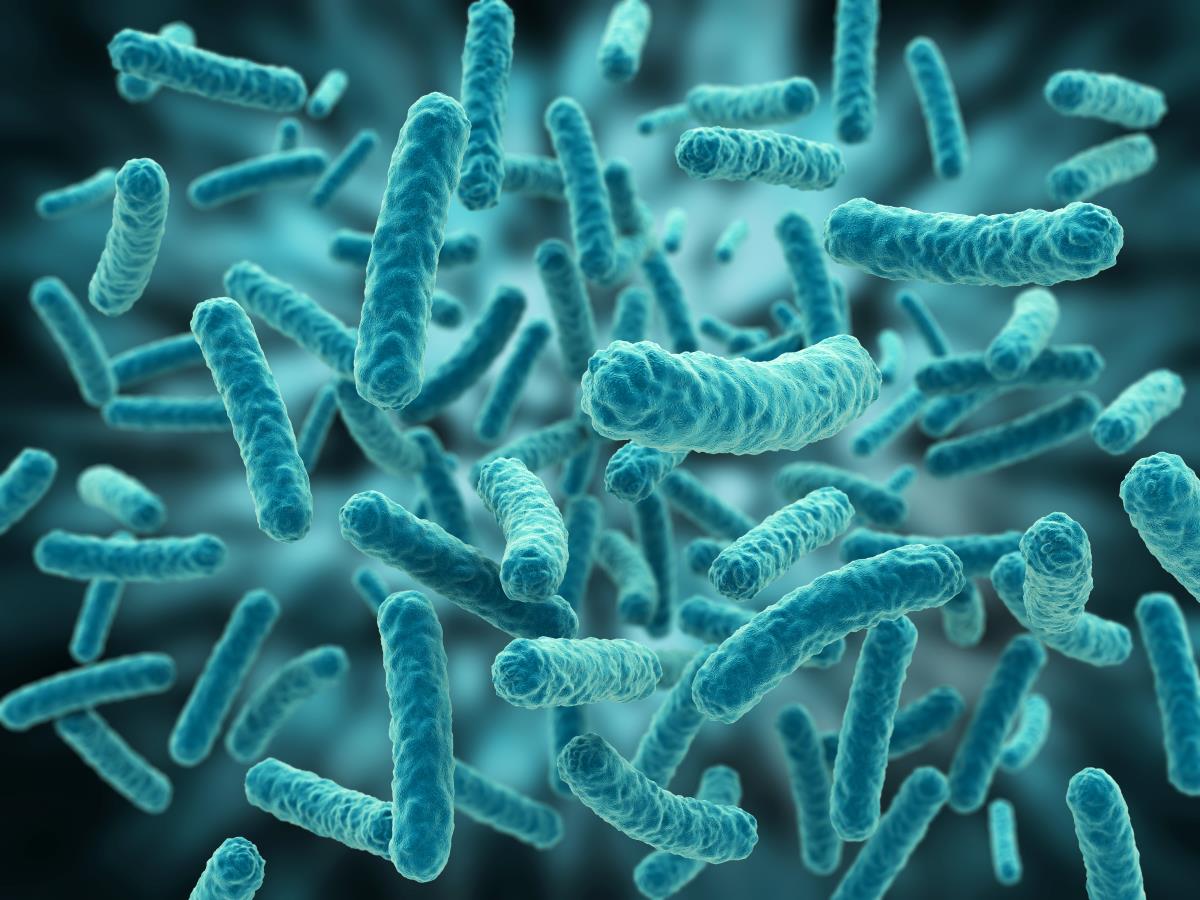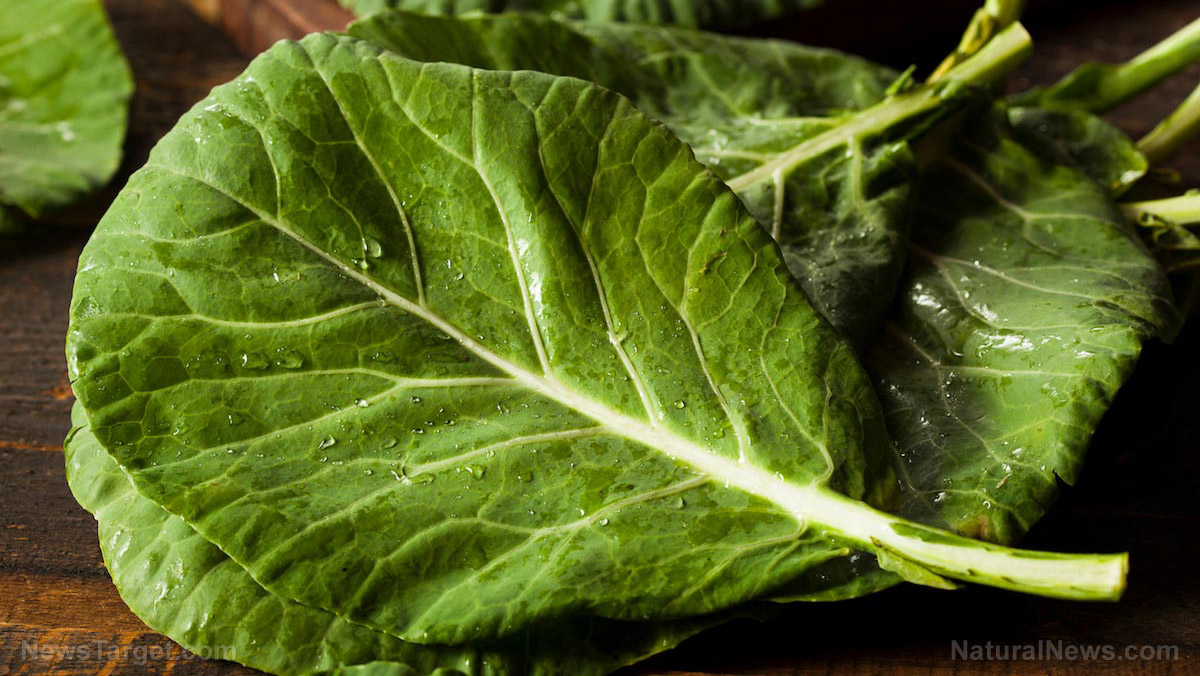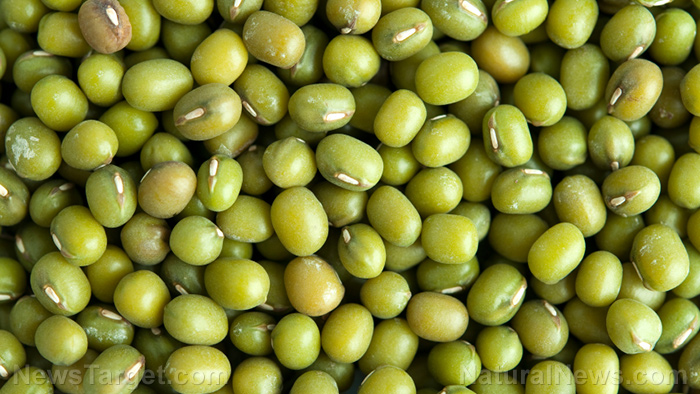A healthy gut is a more efficient gut: Prebiotic fiber found to break down a high-fat diet better, reducing accumulation and inflammation
03/07/2019 / By Rita Winters

People consistently overlook the importance of eating healthy foods, especially fibers which are known to cleanse the colon. Aside from cleaning the colon, fiber promotes gut bacteria growth. These gut bacteria aid the immune system in fighting diseases. Unfortunately, following an unhealthy, high-fat diet (as well as a high-salt diet) kills these beneficial bacteria, often resulting in a higher risk of disease.
As published in the Cell Host & Microbe journal, researchers found that adding prebiotic fiber to a high-fat diet protects against metabolic syndrome. In the study, mice were given a fermentable fiber called inulin as a supplement to a high-fat diet. The researchers from Georgia State University in Atlanta found that the mice showed less weight gain and developed milder symptoms of metabolic syndrome, as compared to the severity of a high-fat diet without the prebiotic fiber.
The mice that were fed inulin showed a lower accumulation of body liver fat, better glycemic control, and reduced cholesterol. Another test group was administered a different type of fiber (cellulose), and found that there was only a small reduction in weight gain and a less significant improvement in blood sugar control, as compared to inulin. The supplementation of inulin prevented the reduction of colon mass and protected the mice from inflammation and bacterial penetration of the lining of the gut. (Related: ‘Good’ gut bacteria supported by coffee, tea and wine can dramatically fight painful inflammation.)
The study also revealed that a high-fat diet resulted in a severely reduced gut bacteria population. Gut bacteria is essential to our bodies because these are associated with the immune system, helping fight against diseases of external sources. Researchers recommend enriching processed food, especially those with high fats, with purified fibers such as inulin in order to benefit people’s health.
Given the study above, how can you help your gut help you? Aside from engaging in regular physical activities, the food you eat determines the state of your body. Your gut needs fiber in order to function properly. Fiber is known to slow digestion, lower cholesterol, and decrease blood glucose (sugar) levels. Just one day without fiber often results in constipation; a longer term without it results in a higher risk for developing diseases. Fiber-rich foods (and their fiber content) include:
- Split peas – 16.3 g per cup, cooked
- Lentils – 15.6 g per cup, cooked
- Black beans – 15 g per cup, cooked
- Lima beans – 13.2 g per cup, cooked
- Artichokes – 10.3 g per medium vegetable, cooked
- Peas – 8.8 g per cup, cooked
- Broccoli – 5.1 g per cup, boiled
- Brussels sprouts – 4.1 g per cup, boiled
- Raspberries – 8 g per cup, raw
- Blackberries – 7.6 g per cup, raw
- Avocados – 6.7 g per half, raw
- Pears – 5.5 g per medium fruit, raw
- Bran flakes – 7 g per cup, raw
- Whole-wheat pasta – 6.3 g per cup, cooked
- Pearled barley – 6 g per cup, cooked
- Oatmeal – 4 g per cup, cooked
Include these food items in your daily diet to get that quick fiber fix your body needs. The Institute of Medicine recommends men under 50 to have at least 38 g of fiber each day, and women at 25 g. Over the age of 50, the recommended fiber intake is 30 g for men and 21 g for women. Fiber, aside from cleaning your colon and assisting your gut bacteria, reduces the risk of developing various health conditions such as heart disease, diabetes, diverticular disease, and constipation.
For more news on healthy foods and food science, visit FoodScience.news.
Sources include:
Tagged Under: dietary fiber, functional food, gut bacteria, gut health, high-fat diet, Inulin, organics, prebiotic fiber




















